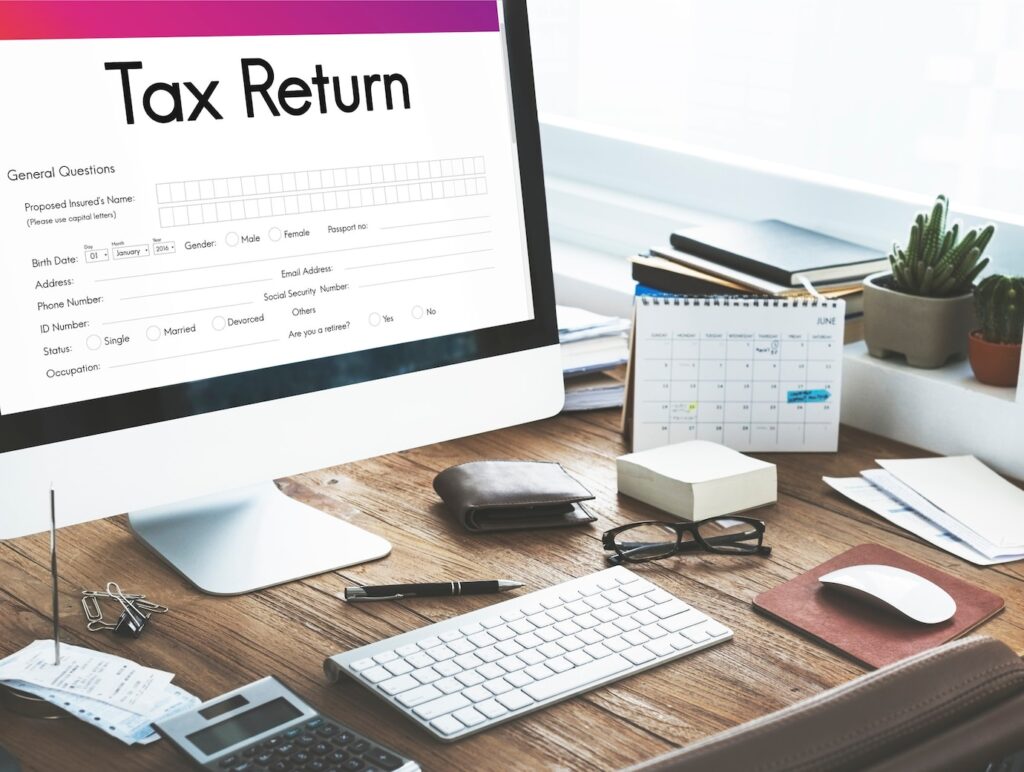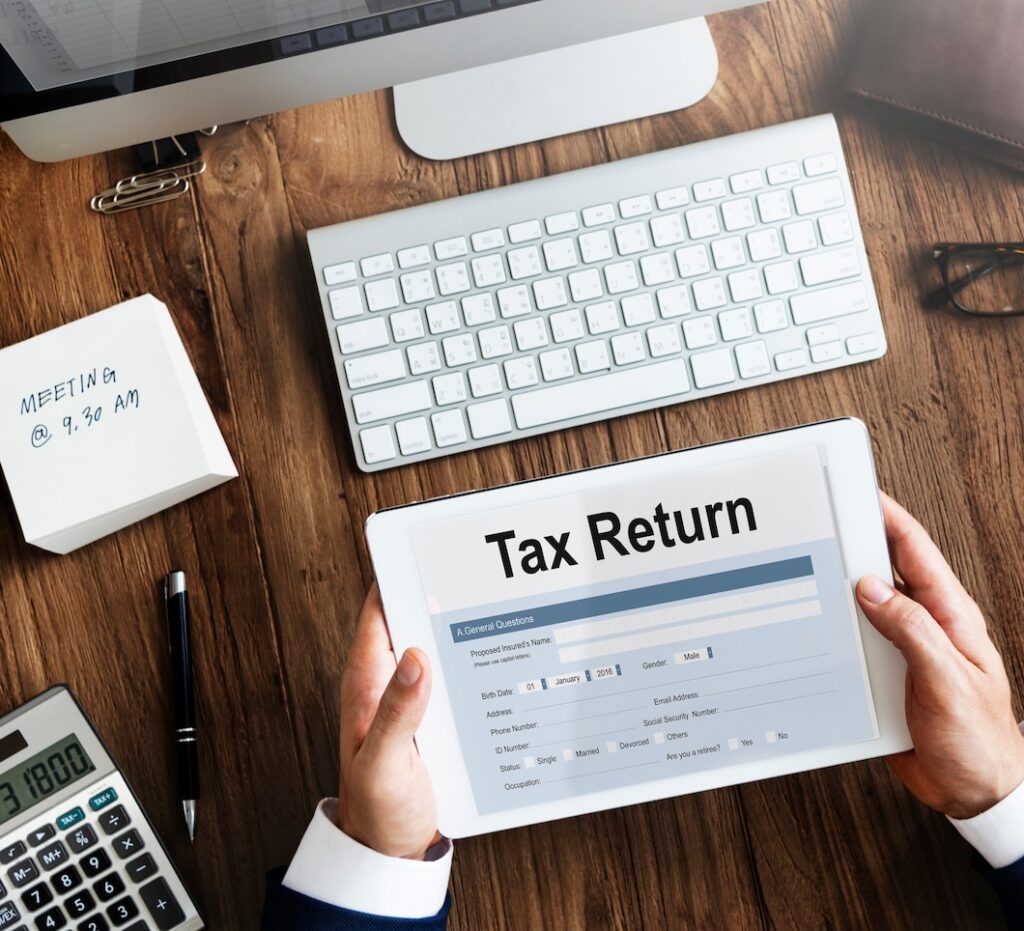Introduction: What is a Henson Trust? A Henson trust is a specialized legal arrangement designed to provide supplemental financial support to individuals with disabilities without jeopardizing their eligibility for income-tested government programs such as the Ontario Disability Support Program (ODSP). These trusts aim to safeguard both the financial future and the government benefits that disabled […]
Category Archives: Blog
Taxpayers are often overwhelmed by a tax assessment or Tax Statement of Account showing a balance owing that seems impossible to pay. However, ignoring the problem is not the solution and can lead to severe consequences. This article provides actionable steps to address and resolve CRA tax debt. What Happens if I Ignore CRA? A […]
A tax audit can be an intimidating and costly process. The Canada Revenue Agency (CRA) tax auditor will typically request books, records, and bank statements for review and may even ask you to complete questionnaires. Any inaccurate or incomplete information, even if due to an error, can be used against the taxpayer. Engaging a tax […]
Introduction In certain circumstances, the Canada Revenue Agency (CRA) may reduce or eliminate interest and penalties charged to taxpayers. This relief is available through a Taxpayer Relief (Fairness) Application, which can be submitted when exceptional situations beyond a taxpayer’s control result in financial penalties or accrued interest. This article outlines the eligibility criteria, process, and […]
Introduction: Directors of corporations hold significant responsibilities, including overseeing financial, legal, and operational matters. Among these responsibilities is ensuring compliance with tax laws. Under Canadian tax legislation, directors can be held personally liable for specific tax obligations of their corporations, particularly for unremitted source deductions and GST/HST. This article delves into the nuances of director’s […]
Net worth audits are among the most powerful tools the Canada Revenue Agency (CRA) employs to uncover unreported income. While these audits can be effective for tax authorities, they often pose significant challenges for taxpayers, particularly small business owners and individuals. This article delves into the methodology behind net worth audits, their implications, and how […]
Introduction – Managing Tax Audits for Business Expenses For small businesses, maintaining organized books and records is crucial for withstanding scrutiny during a CRA tax audit. However, the realities of running a business often mean that documenting every legitimate business expense takes a backseat to day-to-day operations. Unfortunately, this can create significant issues, as CRA […]
Introduction When taxpayers cannot settle their tax assessments within a reasonable timeframe, the Canada Revenue Agency (CRA) employs various tools to collect tax debts, including garnishments. Known as “Requirements to Pay” (RTPs), these garnishments enable the CRA to demand payments from third parties holding or owing funds to the tax debtor. Essentially, RTPs allow the […]
Introduction Directors of Canadian corporations can be held personally liable for specific tax debts of the corporation, including GST/HST remittance arrears under the Excise Tax Act and payroll remittance arrears under the Income Tax Act. However, there are critical safeguards in place, such as a two-year limitation period and requirements for due diligence. This article […]
Introduction Businesses providing goods and services in exchange for money or other valuable consideration are required to charge their customers GST/HST. When businesses collect GST/HST, they must hold it in trust for the government of Canada. Taxpayers with annual revenues exceeding $30,000 must register for a GST/HST number, collect GST/HST, file regular GST/HST returns with […]











